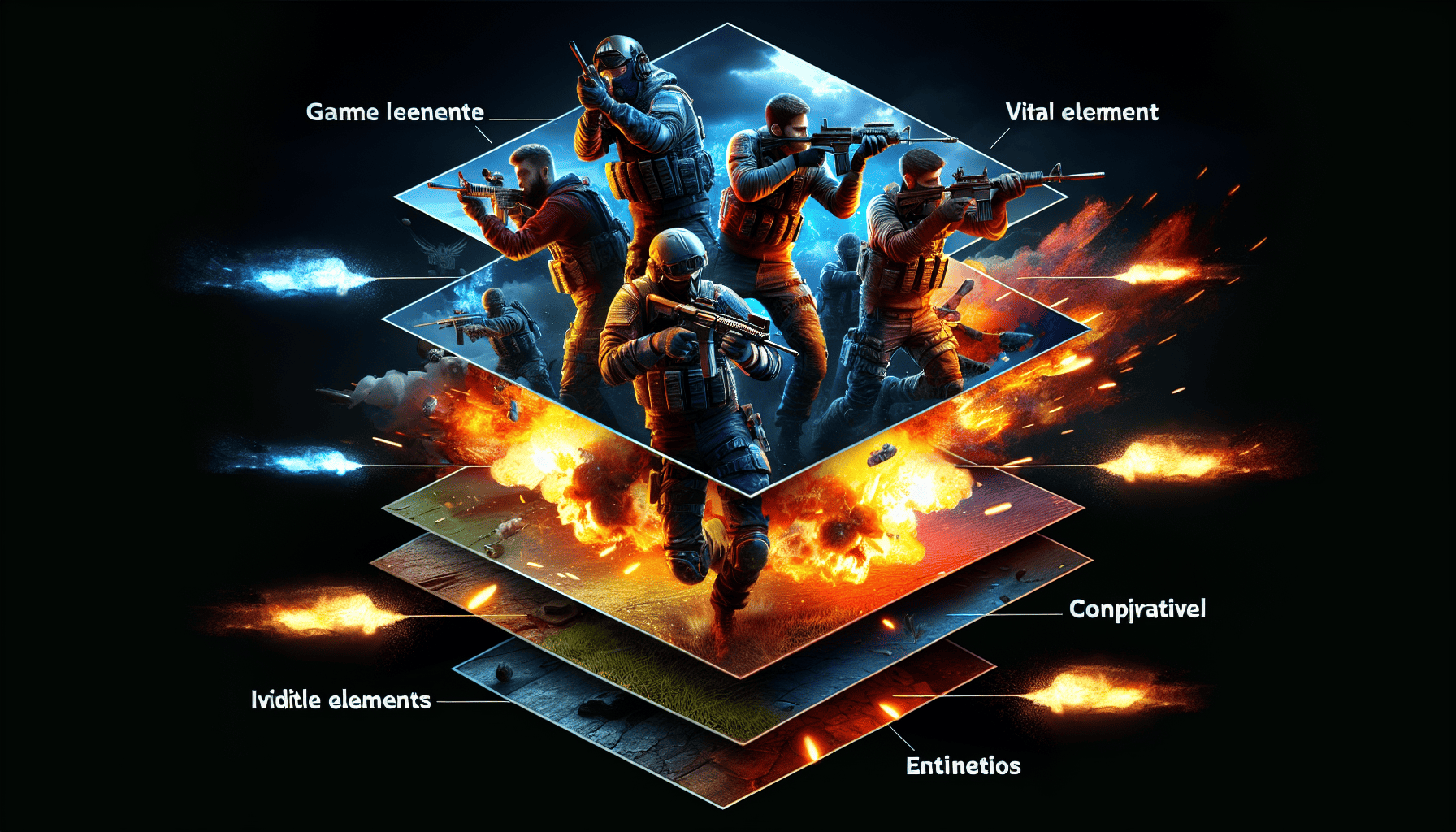In the world of digital entertainment, the allure of interactive gameplay has transformed the gaming landscape, introducing a dynamic and immersive experience that captivates audiences across the globe. This evolution moves beyond static narratives, inviting players to become active participants in their gaming adventures.
At its core, interactive gameplay is all about providing players with agency and choice. Unlike traditional storytelling where narratives follow a predetermined path, interactive games place players at the center, allowing them to influence outcomes and navigate the unfolding story based on their decisions. This level of engagement creates a sense of ownership and personalization, making each player's experience unique and compelling.
One of the most significant elements of interactive gameplay is decision-making. Players are often presented with dilemmas that affect the storyline, character development, and even the game's world. These choices can be as simple as deciding a dialogue response or as complex as shaping entire plot arcs. This facet of gameplay not only enhances replayability but also fosters emotional investment, as players see the consequences of their actions and build a connection with the characters and story.
Furthermore, the integration of advanced technology has taken interactive gameplay to unprecedented heights. With the advent of virtual reality (VR) and augmented reality (AR), players can immerse themselves in meticulously crafted worlds, interacting with environments in ways previously unimaginable. These technologies blur the lines between the virtual and the real, allowing for a more sensory-rich experience that captivates the player's attention and compels them to explore every nook and cranny of the game world.
Additionally, interactive gameplay often incorporates real-time decision-making and adaptive challenges. As players become more proficient, the game adjusts its difficulty to maintain a balanced experience that tests their skills and keeps them engaged. This dynamic approach prevents the gameplay from becoming stale and encourages players to hone their strategies continuously.
Moreover, multiplayer games have expanded the interactive experience by encouraging collaboration and competition among players. Online multiplayer modes offer a platform where players can interact with others worldwide, forming alliances, competing in strategic battles, or exploring vast universes together. This social interaction adds another layer of depth, as players not only engage with the game but also foster community and camaraderie within the gaming universe.
Interactive gameplay also thrives on providing diverse storylines and character developments, catering to a wide range of interests and preferences. Whether it's epic fantasy quests, post-apocalyptic adventures, or complex simulations, there is an interactive game for everyone. This diversity ensures that players from various backgrounds can find a game that resonates with their tastes and experiences.
In conclusion, interactive gameplay represents a revolutionary shift in how stories are told and experienced in the gaming world. By placing players in control of their narratives and allowing them to influence outcomes, interactive games create deeply engaging experiences that invite exploration, curiosity, and emotional investment. As technology continues to evolve, the future of interactive gameplay promises even more innovative, immersive, and captivating adventures for players to explore.
